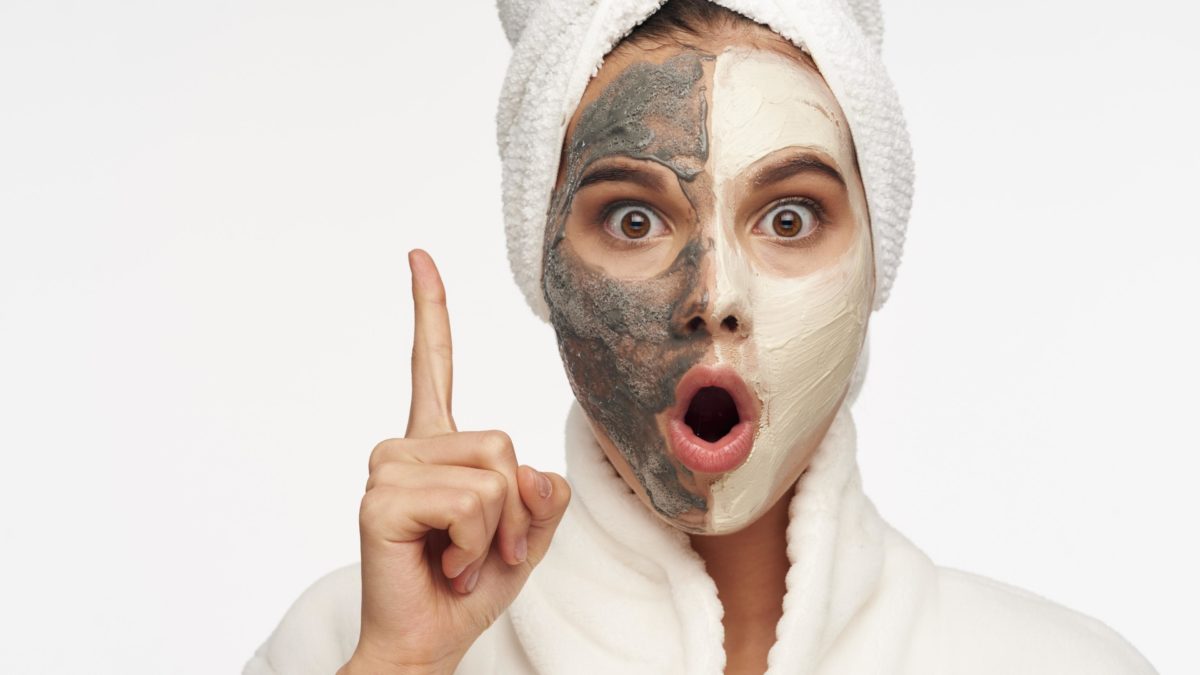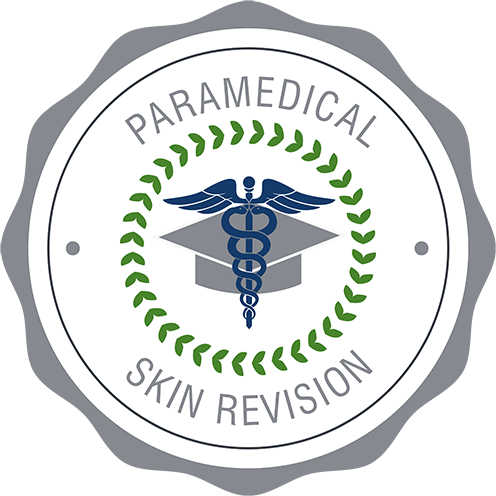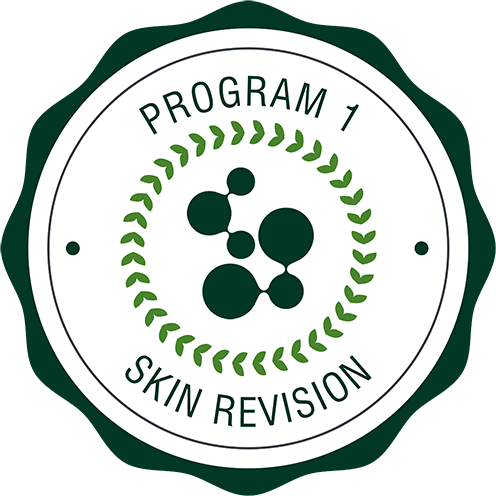Blog

Clean Beauty is a Hoax
First and foremost, we’ve got to put it out there: the idea that “clean” or “natural” products are better for you than those made with chemicals is completely false. In fact, there is no such thing as “chemical-free” beauty products- even if you’re only using water. Because yes, even water is chemical. It’s a chemical compound made up of one oxygen atom and two hydrogen atoms. So when companies say that something is a ‘chemical’ what exactly are they saying? That something is made up of elements, or that those elements are bonded together? This is true of all things and nothing would exist if we lived in a chemical-free world (not even you or me).
We really cannot get away from chemicals in beauty products and any company making the claim that they can have made the conscious choice to pander to our hearts and in hopes to have easy access to our wallets. So let’s get rid of this idea that natural things are good and artificial things are bad because it promotes the myth that chemicals can be cleanly divided into two neatly defined categories: nature v science; natural v synthetic. Let’s not forget that not everything in nature is good for you either (poison ivy, mold, mildew, deadly nightshade, hemlock). There are plenty of things in nature to steer clear from, so let’s not champion the false accusations that ‘synthetic’ products cause harm.
But that doesn’t mean that there isn’t value in nature. As DMK practitioners, we know that nature really can provide! There are so many powerful ingredients that DMK sources throughout the world- one of our favorite examples being the Seabuckthorn oil in the EFAs. However, not every ingredient sourced from nature has a high percentage of bioavailability, meaning the body doesn’t know how to use it and therefore cannot benefit from it. This is also why there can be huge price discrepancies on products that seem to have well-to-do ingredients(with or without the superfluous filler), but overall do not make good on company claims. Having the flexibility to be holistic without compromising skin health benefits everyone, and we’re proud to say we’ve accomplished that with DMK.
Fungus and Bacteria growth in skincare
Even if it were true that natural products were created equal in terms of bioavailability, and effectiveness and their creation wasn’t based on a ton of virtue signaling from global brands that do not practice what they preach- how could we stabilize and preserve these products to inhibit the growth of bacteria and fungus? The lack of preservatives not only causes your products to go bad faster than normal or stop being as effective, but your skin condition will be exponentially worse than what you started with. No one should feel indifferent about directly depositing harmful bacteria and fungus directly and intentionally to their skin.
If you’re not sure what a preservative is, it basically prevents bacterial growth in a product so that when you use it again on your face or body (or anywhere else), there won’t be any nasty germs that could cause infection or irritation. Without this ingredient, bacteria has free reign over the product’s life—meaning it could start growing as soon as you open the bottle!
We’re simply trying to say that parabens aren’t some boogey monster hanging out inside of your medicine cabinet waiting to lay waste to your health or skin. Parabens are just preservatives––and they’ve been treated unfairly! The rumor that parabens affect your overall health and disrupt your hormones is a myth, if we ever heard one. The accusations about parabens have been traced back to a few original studies that were, and still are, highly criticized for their lack of control group, record keeping, case studies, and most importantly, lack of context.
Let us explain––when the original study was conducted there were less than 20 case studies(all of which were made up of small animals), record keeping was not a priority, and there wasn’t a control group to compare the results to. But context is key here. The <20 small animals this study was conducted on were given 4000x the amount of parabens to ingest than would ever be included inside of a single cosmetic or skincare product. There are so many things out there in the world that are perfectly fine to encounter regularly that would definitely harm you if you ingested or encountered 4000x the recommended amount! We could bring up over-the-counter medications like NSAIDs (Tylenol, ibuprofen), 4000 bee stings (if you aren’t allergic), or even water! 200,000 cases of water intoxication are treated every single year––so where’s the campaign to ban that? It would never happen because the facts just don’t add up. Let’s go back to giving parabens the benefit of doubt.
But as much as we appreciate what parabens do and how they can shield our health, there are other ways to preserve products as well. For example, DMK does not use parabens in everything––but make no mistake, every product has been properly preserved. Some products are preserved with lactobacillus ferment, a natural broad-spectrum antimicrobial preservative. Lactobacillus ferment is a great way to preserve products, as it’s considered a “good” bacteria that restricts the growth of bad bacteria because it has such a low pH. You might be wondering why it’s not used in every product if it’s so effective––so what’s the catch? Because it comes from good bacteria, it can’t preserve products that have active ingredients that eliminate bacteria. For example, we cannot preserve products that contain salicylic acid or sulfur with lactobacillus ferment, as the ingredients would compete and ultimately cancel each other out.
All of that being said, just because a product line claims to be “paraben-free”, doesn’t mean that they’re automatically using lactobacillus ferment in its place. Most often, paraben-free products are using other synthetic ingredients- this is what the industry calls “greenwashing”. Greenwashing refers to a marketing ploy that is meant to convince consumers that a company or product is health-conscious or environmentally friendly, with a touch of deception. That deception being that their products lack synthetic ingredients of any kind, to have a cut of consumer spending in any given market. Don’t fall victim to well-marketed campaigns for poorly created products.
Beauty products can be made of plants yet are not always a more healthy option and “clean beauty” is a misnomer designed to sell products at higher prices.
Clean beauty is a buzzword that’s been tossed around in the skincare industry for many years now. It’s supposed to mean products are made with natural ingredients, are free of harmful chemicals, and have minimal if any preservatives.
Skin care products can be made of plants yet be unhealthy or unethical, so it’s important to take a closer look at the ingredient list before you buy. And just because something is organic doesn’t mean it’s necessarily better for your skin either; some organic ingredients can irritate sensitive skin too.
The term “clean beauty” was created by cosmetic companies to sell their products at higher prices and convince consumers that buying them will make them healthy and more ethical people who care about the planet—but there’s no scientific research showing that any one method works better than another when it comes down to improving your skin health overall.
No filler in skin care products
Filler is a term for something that’s added to increase the volume of a product, and can be made from anything—plant-based or not. For example, if you’re using a natural skin care product that advertises itself as being full of antioxidants, it probably has filler. Filler won’t make your skincare products more effective and they’re used for more superfluous reasons like fragrance, texture, color and viscosity(how thick a product is). There aren’t any skin health benefits and companies’ real aim is to fill the bottle, but after all the filler––what exactly are they trying to sell you?
With all this said, I guess you could say that while fillers don’t exist in skin care products per se (they do exist elsewhere), it is possible for them to be used in order to make a product seem more natural than it really is. Ingredients that aren’t bioavailable to the body should be considered filler––even if they’re natural, as they do not offer any skin health benefits.
DMK does not add any superfluous filler to their products––meaning, if an ingredient is in a product, it needs to be. Every ingredient DMK sources for their products are bioavailable to the human body, so the body knows how to use it. Any fragrance you may find in a DMK product occurs naturally, and the same can be said for texture, color, and viscosity. That being said, this also means that there can be variations of fragrances from one bottle to the next. But don’t let that ring any of your alarm bells as all DMK products are created in small batches to ensure efficacy.
When it comes to skincare, you want to know that not only are the ingredients that make up your products safe and stabilized but that those same ingredients are sustainably sourced from the environment they originate from. Because DMK travels the globe to source the most bioavailable ingredients that can’t be found just anywhere, they do so in a way that minimizes any impact to the environment while creating lasting relationships with the communities they encounter.
Cruelty-free skin care products are those that do not test on animals. This means that no ingredient or finished product is tested on animals by the manufacturer, nor is any animal testing performed by their suppliers or manufacturers (including third-party suppliers).
The term “cruelty-free” does not mean that it’s 100% vegan as many cruelty-free brands may contain beeswax, lanolin, and/or other ingredients derived from animals. The term “cruelty-free” means that none of their products were tested on animals at any point during production; however, these terms are often used interchangeably.
DMK is proud to be a cruelty-free brand that does not test on animals. In fact, some of their most renowned protocols and products have been tested in clinical trials, but also by those who make up the company. DMK truly believes in its mission of skin health––so much so that those on the inside are more than willing to put their own skin in the game.
If you are ready to beat the “clean beauty” hoax and experience true skin revision, we encourage you to go online and book an appointment with SPA Melissa Allen. You can have the beautiful skin you really want, without feeling defeated on how you’ll get there!
10 Years Younger in 10 Days
Want to significantly and quickly revise signs of aging but do not want to commit to invasive surgery or procedures? SPA Melissa Allen’s 10 Years Younger in 10 Days is the...
Book NowDMK Enzyme Treatments
DMK Enzyme Treatments work to oxygenate, detoxify, and improve your skin's ability to function by removing dead skin cells and impurities trapped in the skin. The results are brighter, younger-look...
Book Now


